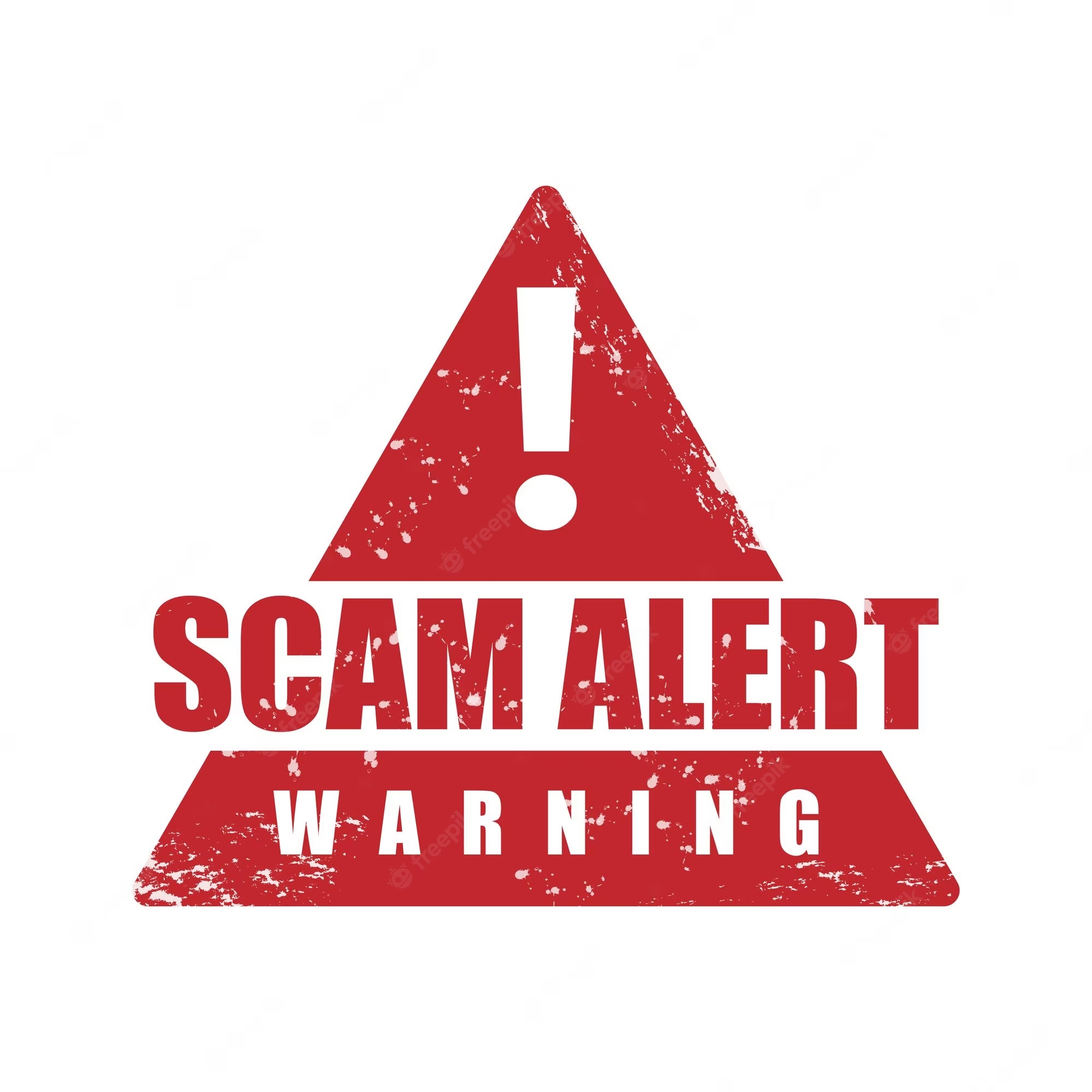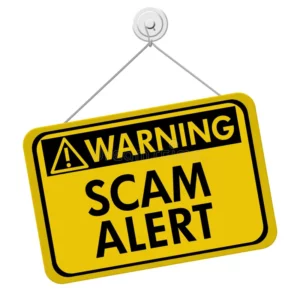In today’s digital age, online scams have become increasingly prevalent, and one common form is PayPal scam emails. These deceptive emails are designed to trick unsuspecting individuals into divulging their personal and financial information, posing a significant threat to their online security. In this article, we will explore the world of PayPal scam emails, learn how to identify them and discover essential tips to protect ourselves from falling victim to phishing attempts.
Understanding PayPal Scam Emails:
PayPal scam emails are cleverly crafted messages that mimic official PayPal communications. They aim to deceive recipients into thinking they are legitimate and prompt them to provide sensitive information, such as login credentials, credit card details, or Social Security numbers. Scammers often employ various tactics to make their emails appear genuine, including using official PayPal logos and branding, creating a sense of urgency, and creating fake scenarios to instill fear and prompt immediate action.
Spotting the Warning Signs:
To protect ourselves from PayPal scam emails, it is crucial to be aware of the warning signs that can help us identify phishing attempts:
- Unusual or unexpected requests: Scam emails often ask for personal information, account verification, or password changes without a valid reason.
- Poorly written emails: Grammatical errors, spelling mistakes, and incorrect sentence structures are common in scam emails.
- Suspicious email addresses: Pay attention to the sender’s email address, as scammers often use addresses that resemble but are not the official PayPal domain.
- Urgency and fear tactics: Scam emails create a sense of urgency, claiming account suspension, pending transactions, or security breaches to prompt immediate action.
- Suspicious links or attachments: Be cautious of clicking on links or downloading attachments in emails, especially if they lead to unfamiliar websites or file downloads.
Best Practices to Avoid PayPal Scam Emails:
To protect ourselves from falling victim to PayPal scam emails, it is essential to adopt best practices and follow these preventive measures:
- Verify the sender’s email address: Check the email address to ensure it matches the official PayPal domain.
- Avoid clicking on suspicious links: Hover over links to view the actual URL before clicking. Ensure it begins with “https://” and leads to the official PayPal website.
- Never share personal or financial information: PayPal will never ask for your password, Social Security number, or full credit card details via email.
- Enable two-factor authentication: Strengthen your PayPal account security by enabling two-factor authentication for an additional layer of protection.
- Keep security software up to date: Regularly update your antivirus software and firewall to detect and block potential phishing attempts.
- Stay informed: Stay updated on the latest phishing techniques and scams by following official PayPal announcements and security guidelines.
Reporting PayPal Scam Emails:
Reporting scam emails is crucial to help PayPal and relevant authorities take action against scammers. If you receive a PayPal scam email, follow these steps:
- Forward the email to PayPal’s official phishing email address.
- Report the scam email to your email service provider to help improve their spam filters.
- Consider reporting the incident to your local law enforcement agency, and providing them with all relevant information.
Strengthening Online Security:
While protecting ourselves from PayPal scam emails is essential, it is equally important to strengthen overall online security:
- Keep software and operating systems up to date: Regularly update your computer, smartphone, and other devices with the latest security patches.
- Use strong, unique passwords: Create strong and complex passwords for all your online accounts, including your PayPal account.
- Be cautious with personal information online: Limit the amount of personal information you share on social media platforms and be cautious when interacting with unfamiliar websites or apps.
- Monitor your PayPal account: Regularly review your PayPal account activity for any unauthorized transactions or suspicious activities. Report any concerns to PayPal immediately.
Conclusion:
Protecting ourselves from PayPal scam emails is essential to safeguard our personal and financial information. By being aware of the warning signs, adopting best practices, and promptly reporting any suspicious activity, we can reduce the risk of falling victim to phishing attempts. Stay vigilant, stay informed, and protect yourself against online scams to ensure a secure online experience.



